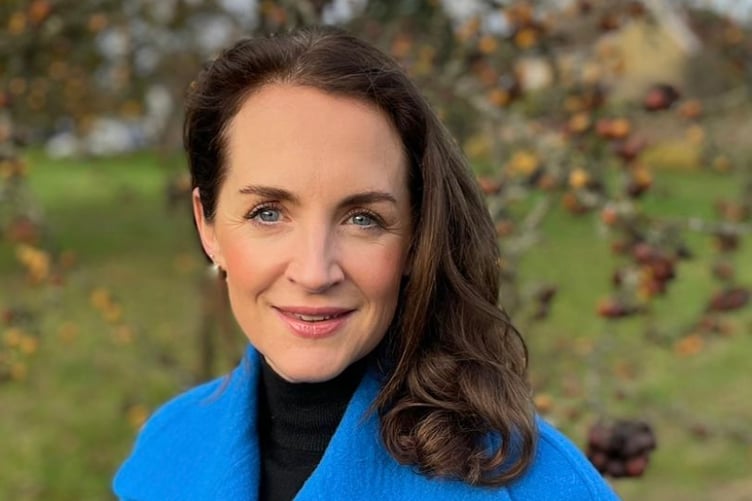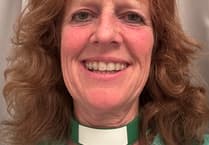A quiet but significant shift has taken place in Waverley’s political landscape. Green councillor Steve Williams’ resignation from the Executive, along with two councillors joining the Liberal Democrats, has reshaped the balance of power. The Executive is now almost entirely Liberal Democrat, with just one Farnham Resident councillor remaining.
This change appears to bring to an end a long-standing political arrangement that has influenced local decision-making for years - largely outside public view.
In practice, this meant Greens sometimes stood aside for Liberal Democrats, while Independents also aligned with them in certain areas. The result was often fewer candidates on the ballot from those parties, concentrating support behind a single agreed candidate.
This cooperation even extended to general elections. On two occasions, Steve Williams stood aside shortly before polling day and encouraged Green supporters to back Liberal Democrat candidate Paul Follows. That practice ended at the 2024 General Election when the national Green Party fielded its own candidate.
In 2024, Cllr Williams was temporarily expelled from the Green Party following his decision to stand aside at the General Election and urge tactical voting, before later being reinstated.
The Farnham Residents group also operated within this informal coalition for years. During that period, the Liberal Democrats did not stand in most Farnham seats, helping to clear the way for Farnham Resident victories. But that relationship also had consequences inside the council chamber. Voting records show Farnham Residents councillors on the Executive frequently supported Liberal Democrat proposals.
One of the most notable of these was the decision to approve significant car parking charge increases - around 30 percent over two years, alongside the introduction of new evening charges - shortly before disruption caused by the Farnham Infrastructure Programme.
There is no doubt that the Compass strategy was electorally effective for a time, with the Conservative vote reduced across parts of the borough. To supporters, it represented cooperation. To critics, it narrowed the range of choices available to voters.
Recent developments suggest that this arrangement has now unravelled completely. Recent Farnham by-elections have been contested in full, with no sign of the former stepping-aside approach.
There has also been growing local speculation about differing priorities and frustrations within the former alliance. Those directly involved may wish to set out their own positions, but the wider political direction of travel is clear.
From the Conservative group’s perspective, this comes as little surprise. We have consistently raised concerns about decisions taken under the Liberal Democrat-led administration, from parking policies to expensive projects such as 69 High Street in Godalming, a £5.4 million redevelopment that has attracted sustained criticism. We have also opposed the decision to vote against a proposed independent review of Waverley’s Community Infrastructure Levy processes after concerns were raised by residents.
For my part, I believe residents have the right to vote for the party that best reflects their values, without informal arrangements reducing the range of choices before them.
If the Compass era has now ended, that should be seen as a chance to return to more open local democracy. The new West Surrey unitary council deserves councillors who win support on the strength of their ideas and record, not by default through the absence of electoral competition.





Comments
This article has no comments yet. Be the first to leave a comment.